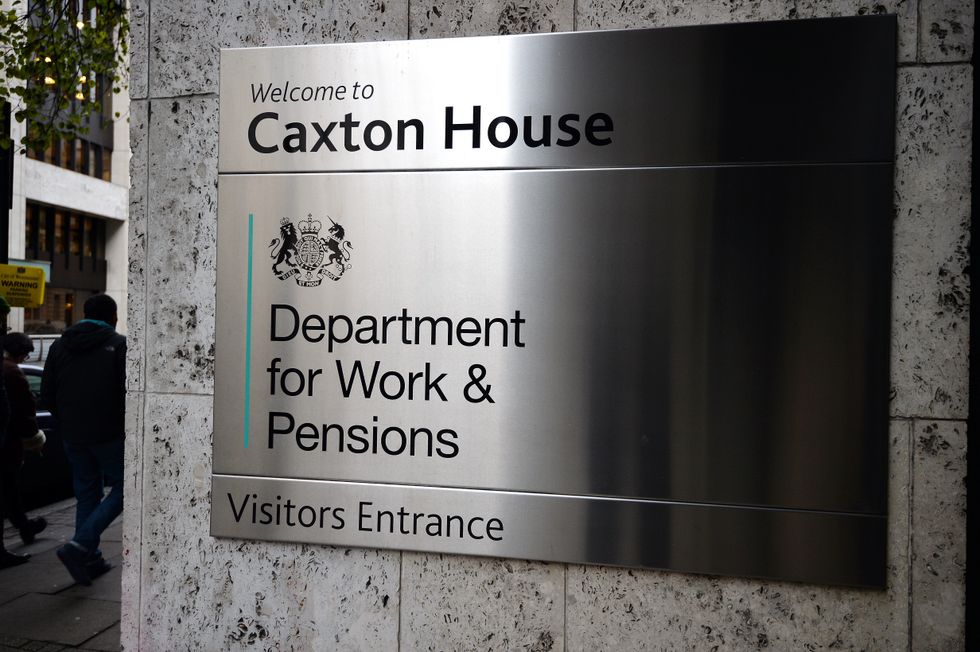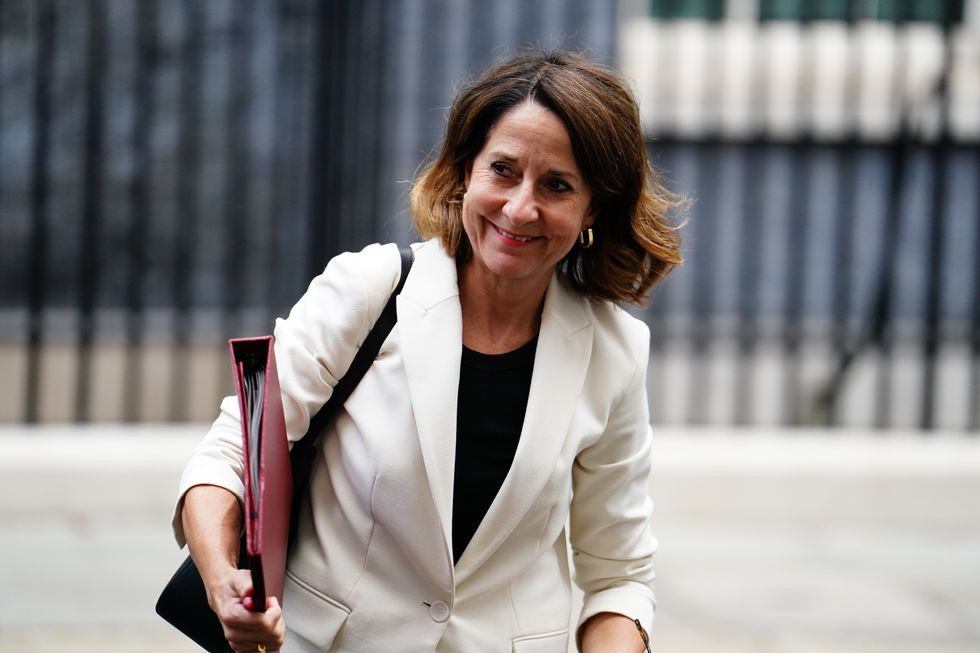State pension age could rise to 74 under Labour review if triple lock maintained: 'Not sustainable!'

The state pension age is raised regularly to take into account changing life expectancy data
Don't Miss
Most Read
The Government has brought forward its review of the state pension age by four years, sparking concerns that retirement could be delayed until 74 for future generations unless significant reforms are made to the triple lock system.
Work and Pensions Secretary Liz Kendall announced the review would assess whether the current retirement age of 66 remains suitable, considering factors including life expectancy projections.
The Institute for Fiscal Studies (IFS) has calculated that maintaining the triple lock guarantee would necessitate raising the state pension age to 69 by 2048-49 and 74 by 2068-69.
This review, originally scheduled for 2029, will now report in March of that year, with two independent assessments commissioned to examine the sustainability of current pension provisions.

The state pension age could jump to 74
|GETTY
Dr Suzy Morrissey, the deputy director from the Pensions Policy Institute, will lead one of the independent reports, whilst the Government Actuary's Department will analyse updated life expectancy data.
Earlier this week, the Department for Work and Pensions (DWP) revealed that tomorrow's retirees could face an annual shortfall of £800 compared to current pensioners, with projections showing those retiring in 2050 will be approximately eight per cent worse off.
Kendall highlighted that "many workers are more concerned about putting food on the table and keeping a roof over their heads than saving for a retirement that seems a long, long way away."
The revived Pensions Commission, originally created twenty years ago, will investigate why future retirees face diminished prospects despite declining pensioner poverty rates.
Do you have a money story you’d like to share? Get in touch by emailing money@gbnews.uk.
 The state pension triple lock was temporarily suspended in the 2022/23 tax year | PA
The state pension triple lock was temporarily suspended in the 2022/23 tax year | PAChancellor Rachel Reeves has defended the necessity of examining retirement age adjustments, stating it is "right" to consider changes as lifespans extend. "As life expectancy increases, it is right to look at the state pension age to ensure that the state pension is sustainable and affordable for generations to come," Reeves said.
She emphasised that the government had assembled "a very experienced set of experts to look at all the evidence" for the comprehensive review. The DWP disclosed that 45 per cent of working-age adults contribute nothing towards their retirement savings, with the self-employed particularly affected.
Only one in five self-employed individuals currently saves into a private pension, down from 50 per cent in the late 1990s, leaving over three million without any retirement provisions.
The Office for Budget Responsibility (OBR) has cautioned that the triple lock mechanism will cost £15.5bilion annually by 2030, three times the initial projection, as demographic pressures strain public finances.
Kendall stated that maintaining the triple lock would increase state pension expenditure by £31billion over the current parliamentary term. The guarantee ensures pensions rise annually by whichever is highest: inflation, wage growth, or 2.5 per cent.
Baroness Altmann told the Daily Mail that the triple lock was "not sustainable in the long term and needs to be reviewed".
LATEST DEVELOPMENTS:
 DWP minister Liz Kendall has launched a new Pensions Commission | PA
DWP minister Liz Kendall has launched a new Pensions Commission | PARachel Vahey from investment platform AJ Bell warned: "An ageing population places an increasing burden on taxpayers, with state pension costs rising and fewer working-age taxpayers to cover the cost."
The International Longevity Centre suggested last year that Britain's pension age would need to reach 71 by 2050 to maintain the existing ratio between workers and retirees.
Baroness Altmann argued against further increases, highlighting the unfairness of universal changes when life expectancy varies by up to 20 years across different regions of the country.
Helen Morrissey from Hargreaves Lansdown noted that healthy life expectancy remains in the early 60s, meaning many face "real difficulties" working into their late 60s.
More From GB News











